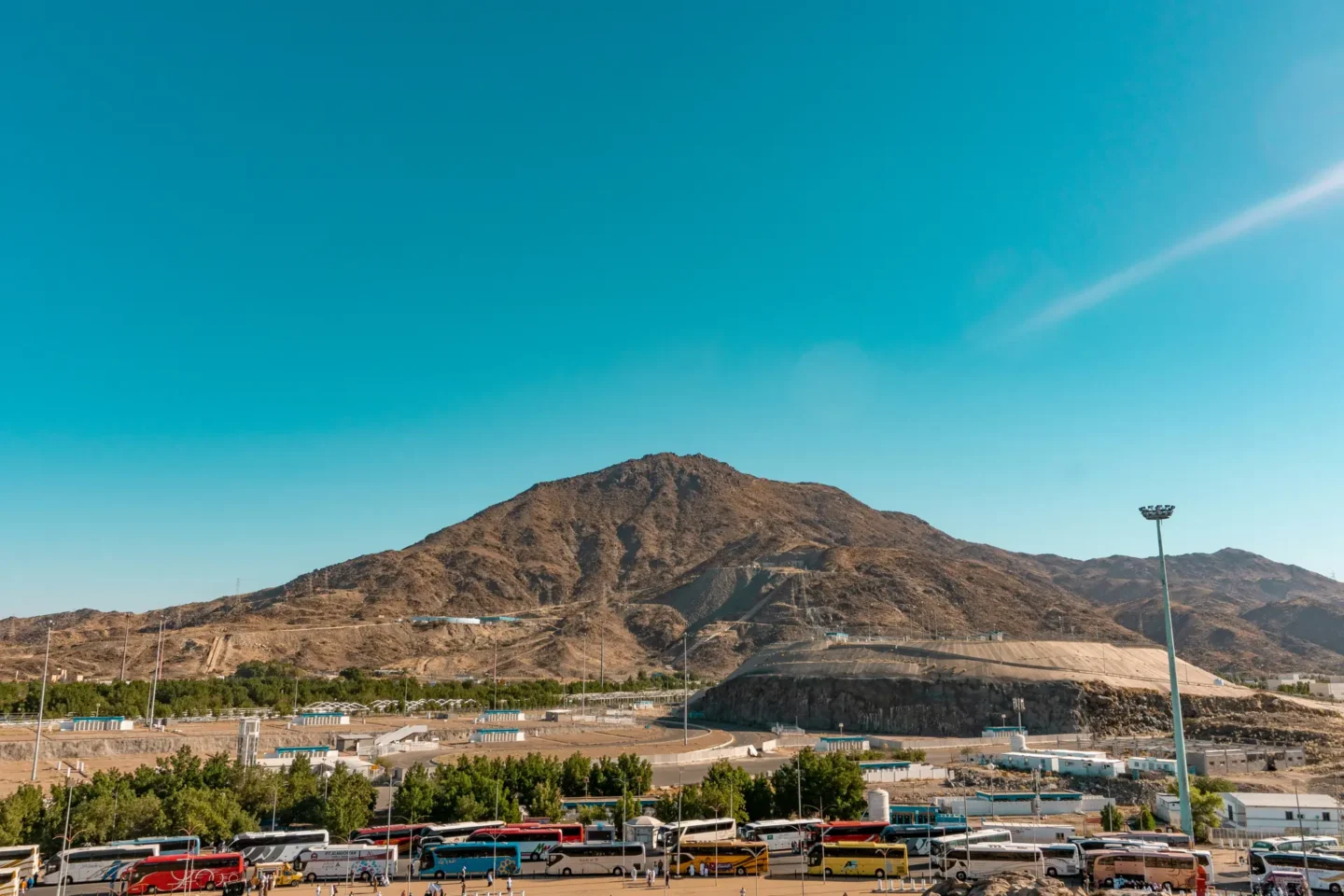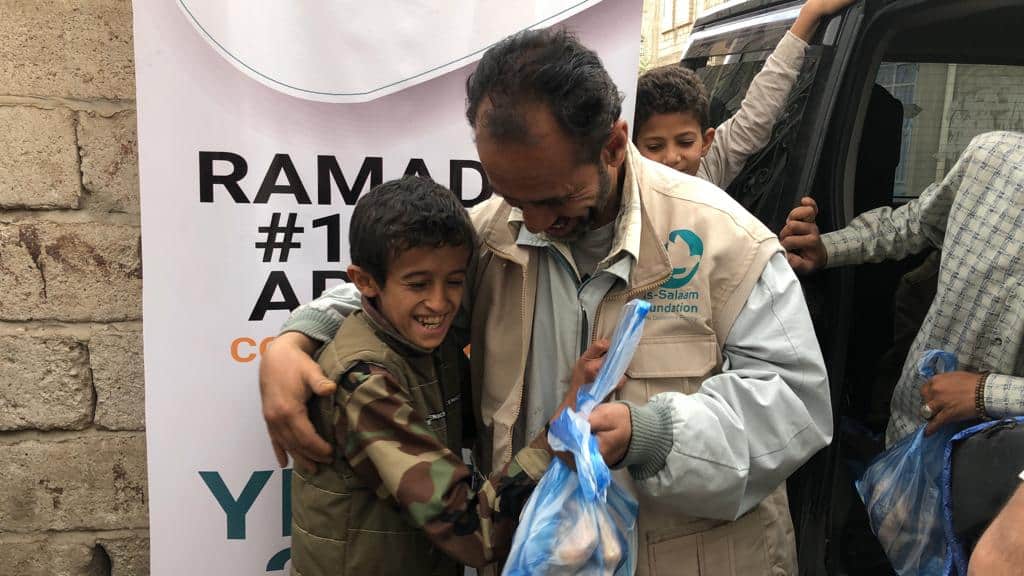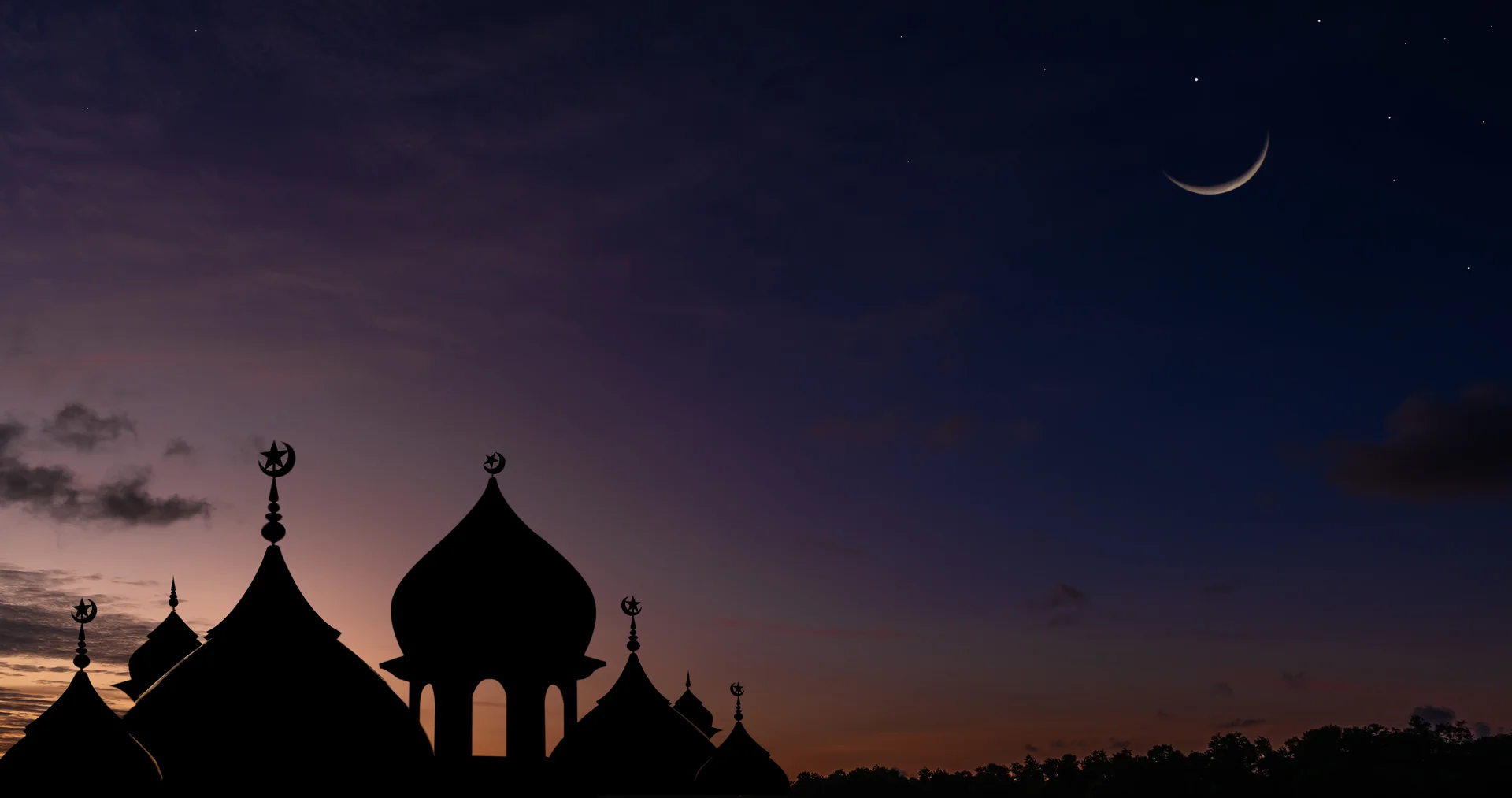What is the Day of ′Arafah?
The Day of ‘Arafah, which falls on the ninth day of Dhul-Hijjah, will be observed on June 15, 2024, this year. The first ten days of Dhul-Hijjah are the most sacred of the Islamic calendar. The Prophet Muhammad (ﷺ) said, “There are no days greater and more beloved to Allah than these (first) ten days of Dhul-Hijjah” (Ahmad). Just as Laylat al-Qadr is the peak of the last ten nights of Ramadan and the best night of the year, the Day of ‘Arafah is the highlight of the first ten days of Dhul-Hijjah, making it the most significant day of the year.
What are some merits of the Day of ’Arafah?
Allah (SWT) swears by the significance of this day in the Qur’an:
“By the sky containing constellations. And (by) the promised day. And (by) a witness and one witnessed” (Qur’an, 85:1-3).
Regarding these verses, the Prophet Muhammad (ﷺ) explained, “The promised day is the Day of Resurrection, the one witnessed is the Day of ‘Arafah, and the witness is Friday. The sun does not rise or set on a day more virtuous than the Day of ‘Arafah” (Tirmidhi).
The Day of ‘Arafah is known for immense forgiveness. The Prophet (ﷺ) said, “There is no day on which Allah (SWT) frees more people from the Fire than on the Day of ‘Arafah. He draws near and then boasts of them to the angels, saying, ‘What do these want?'” (Muslim).
It would be a missed opportunity not to spend ‘Arafah seeking closeness to Allah and His forgiveness.
This day also marks the completion of Islam. While Laylat al-Qadr is the night the Qur’an was first revealed, the Day of ‘Arafah is when Allah perfected our religion.
A Jewish man once told Umar ibn Al-Khattab (RA), “O Commander of the Faithful! There is an ayah in your Book which, if it had come to us Jews, we would have taken that day as a festival.” Umar (RA) asked, “Which ayah?” The man replied, “‘Today I have perfected for you your religion and completed My blessing upon you, and I have chosen Islam as your religion'” (Qur’an 5:3). Umar (RA) responded, “We know the day and the place where this was revealed to the Prophet (ﷺ). He was standing at ‘Arafat on a Friday” (Bukhari).
The fact that Allah chose the Day of ‘Arafah to reveal this verse further underscores its blessed nature.
What do pilgrims do on Hajj on the Day of ’Arafah?
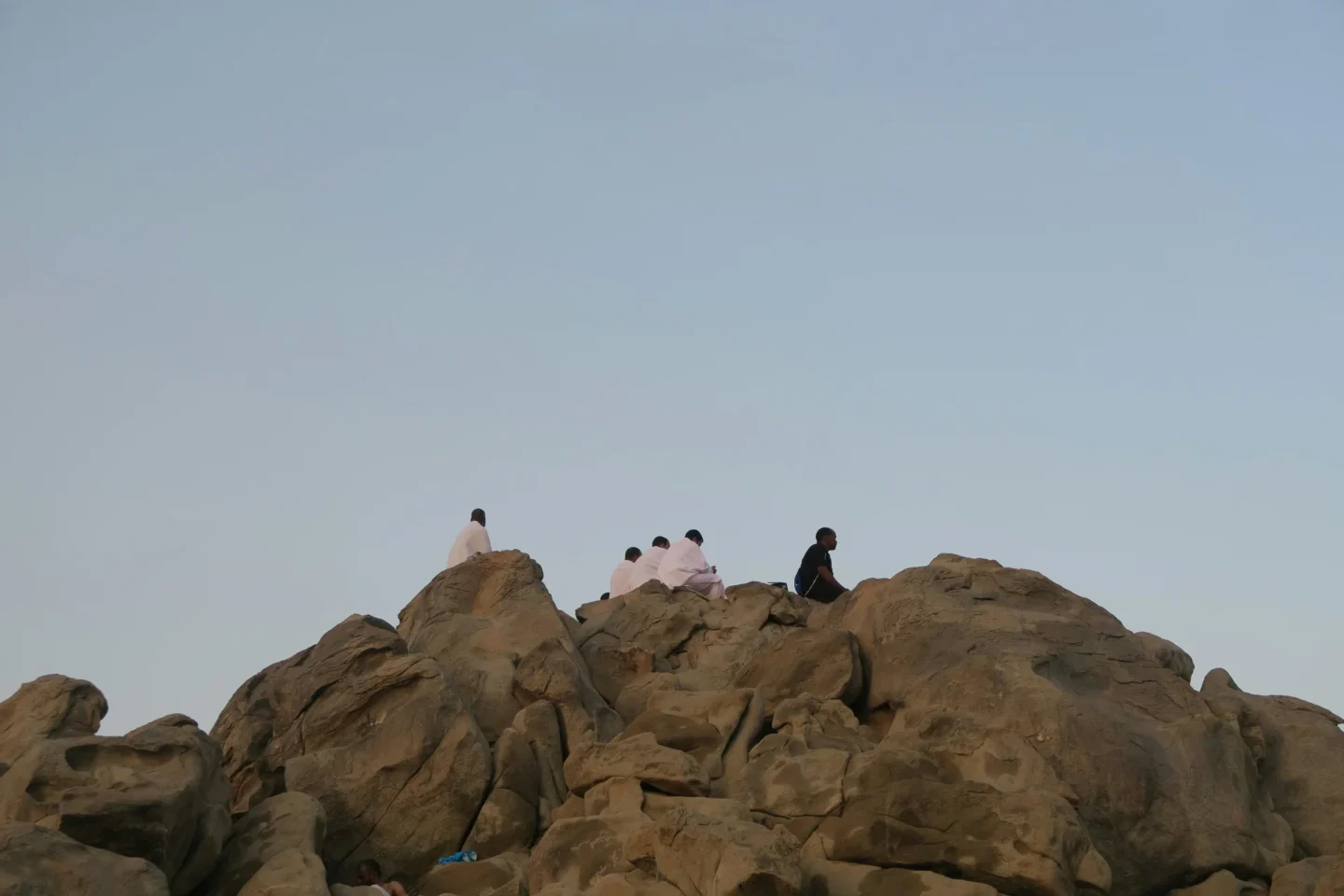
On the 9th of Dhul-Hijjah, pilgrims travel to the plains of ‘Arafat. Here, they combine their Dhuhr and Asr prayers and spend the entire day in du’a. Facing the Qiblah, they stand until sunset, seeking forgiveness for their sins.
This is the most crucial ritual of Hajj, and without it, Hajj would be incomplete. The Prophet Muhammad (ﷺ) said, “Hajj is ‘Arafah” (Nasa’i).
In pre-Islamic Arabia, pilgrims would travel to ‘Arafat to pray, much like we do today, except for the Quraish.
Aishah (RA) said, “The Quraish and those who followed their religion, known as Al-Hums, would stand at Al-Muzdalifah, saying, ‘We are the people of Allah.’ The others would stand at ‘Arafat. So Allah (SWT) revealed (in Qur’an, 2:199), ‘Then depart from where the people depart'” (Tirmidhi).
The Quraish believed they were Allah’s chosen people and the guardians of the Kaaba, so they refused to leave Makkah for ‘Arafat during Hajj. However, the Prophet (ﷺ), following Allah’s command, instructed everyone to travel to ‘Arafat and seek forgiveness on the 9th of Dhul-Hijjah, emphasizing that no one was above this ritual. Hence, he declared that Hajj is incomplete without standing at ‘Arafat.
On this blessed day, Shaitan will be enraged as he watches millions of pilgrims, whom he has tempted into sin throughout their lives, repent and be forgiven instantly through Allah’s infinite Love and Mercy. All their past sins will be erased, leaving them as pure and innocent as newborn babies.
At sunset, the pilgrims will depart from ‘Arafat and travel to Muzdalifah. There, they will pray Maghrib and Isha and sleep under the open sky, without tents or any shelter, in a display of complete equality.
What are five recommended actions for the Day of ’Arafah?
For those unable to perform Hajj this year, there are still numerous ways to gain the blessings of this special day. Engaging in worship throughout the day, especially between Dhuhr and Maghrib, is highly encouraged.
- Make Du’a
The Prophet Muhammad (ﷺ) said about the Day of ‘Arafah, “On this day, there is an hour when no believing servant makes a supplication to Allah for good except that He answers it, and he does not seek protection from evil except that He protects him from it” (Tirmidhi). Thus, making du’a on ‘Arafah is essential. While you may have a list of personal supplications, ensure to include specific prayers for ‘Arafah.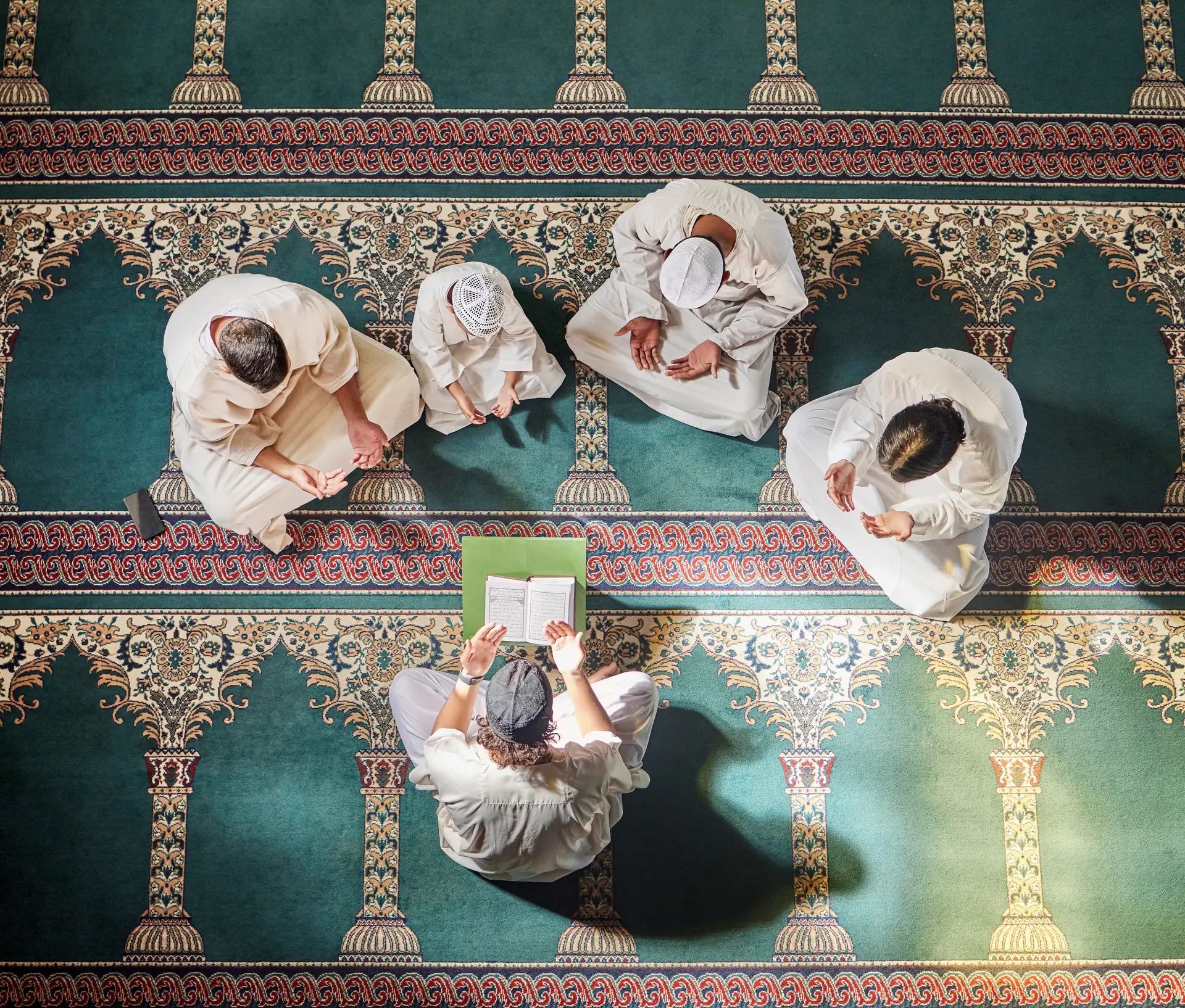
- Fast
Fasting on this day is highly recommended for those not performing Hajj. The Prophet (ﷺ) said, “Fasting on the Day of ‘Arafah expiates the sins of the past year and the coming year” (Muslim). This is a unique chance to be forgiven for sins, even those not yet committed.
Pilgrims generally do not fast as their primary focus is on prayer, remembrance of Allah (SWT), and seeking His forgiveness. Scholars advise fasting on the Day of ‘Arafah for everyone except those at ‘Arafat (Tirmidhi). - Seek Forgiveness
‘Arafah is a day of immense forgiveness when Allah frees many from the Fire. Even if you are not on the Plains of ‘Arafat, seek Allah’s forgiveness from wherever you are.
A powerful hadith states, “Shaitan is not more humiliated, cast out, or angry on any other day than on the Day of ‘Arafah because he sees the descent of mercy and Allah’s disregard for great sins, except what he witnessed on the Day of Badr” (Malik). ‘Arafah is a day to humble ourselves and seek Allah’s forgiveness without despairing of His mercy. - Make Dhikr
During the first ten days of Dhul-Hijjah, the Prophet (ﷺ) recommended reciting tahleel (La ilaha ill-Allah), takbeer (Allahu Akbar), and tahmeed (SubhanAllah and Alhamdulillah). On the Day of ‘Arafah, also recite the Talbiyah.
Saying SubhanAllahi wa bi hamdihi, subhanAllahi-l ‘adheem 100 times is especially beneficial, as it washes away sins. - Give Qurbani in the Prophets name
Increase your reward by giving an extra Qurbani, following the Prophet’s (ﷺ) practice. Abu Talhah (RA) reported, “The Prophet (ﷺ) sacrificed for those in his Ummah who could not sacrifice, anyone who bore witness to the Oneness of Allah and His Prophethood” (Tabarani and Ahmad).
By giving an additional Qurbani, you revive a forgotten Sunnah and provide more families with a rare meal of meat during Eid al-Adha.
In summary, even if you cannot perform Hajj, you can still partake in the blessings of ‘Arafah through du’a, fasting, seeking forgiveness, making dhikr, and giving a Prophetic Qurbani.

